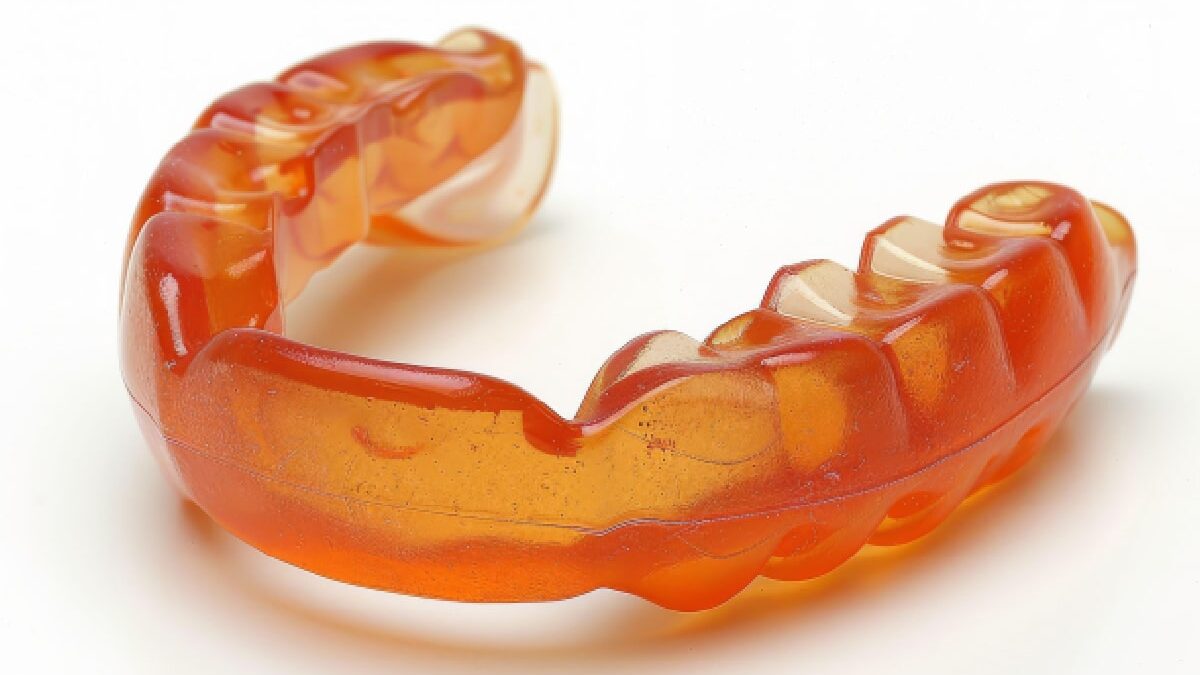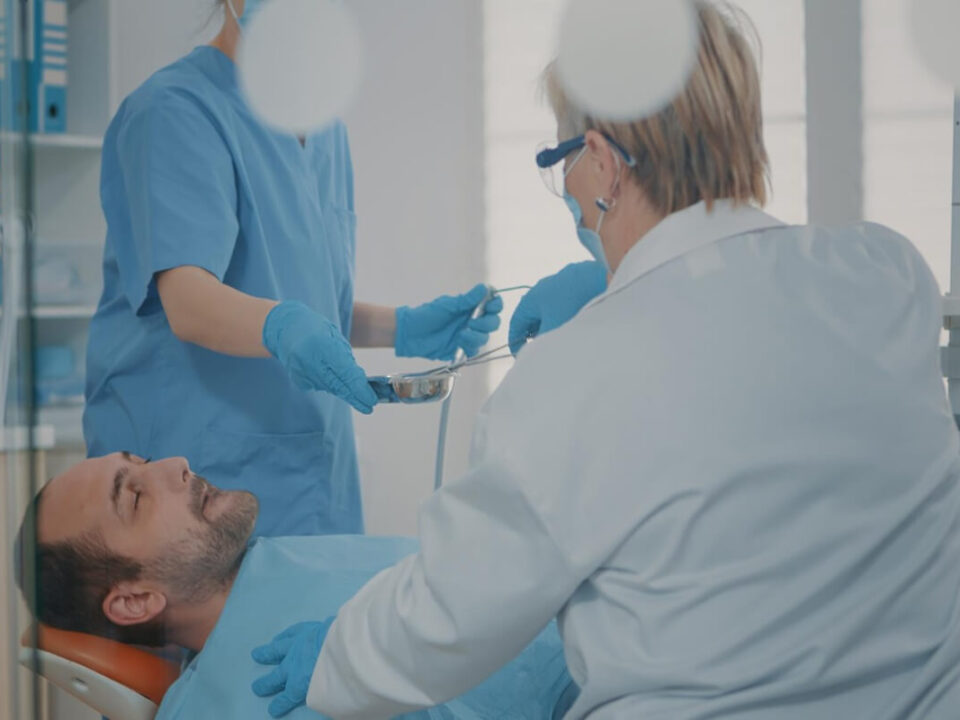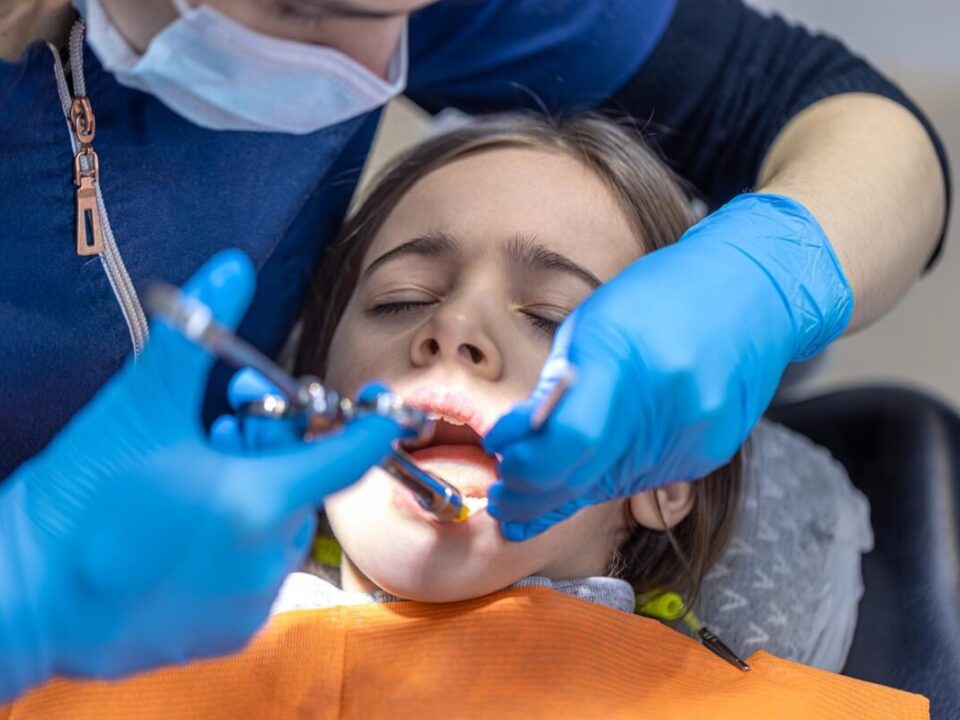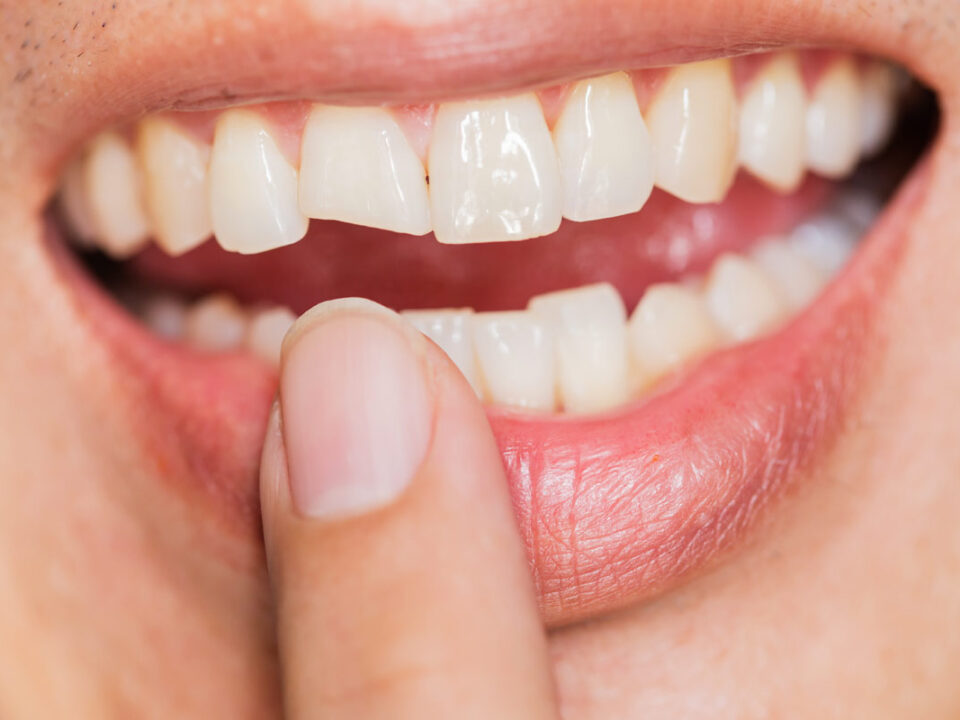Why You Might Need a Mouthguard in Washington

Is Teeth Whitening Powder Safe?
November 27, 2025
All-on-4 Dental Implants Cost in Washington
November 27, 2025A mouthguard is a simple tool that protects your teeth and jaw from damage. In Washington, people use mouthguards for many reasons, like sports, teeth grinding, or jaw pain. It helps keep your teeth safe and reduces discomfort. In this article, we’ll explain different uses of a mouthguard.
Table of Contents
ToggleMouthguards for Sports in Washington
Many people wear mouthguards in Washington while playing sports. Sports can cause accidents where you might get hit in the mouth, leading to broken teeth or injuries. A mouthguard helps protect your teeth from damage and absorbs shocks.
It also protects your gums and jaws from harm. Dentists often recommend custom mouthguards because they fit better and offer more protection than store-bought options. Mouthguard use during sports reduces the risk of serious injury and helps athletes play safely.
Mouthguards for TMJ in Woodinville
If you have jaw pain or trouble when you move your jaw, a mouthguard can help. Many people in Woodinville use mouthguards for TMJ (temporomandibular joint) problems because they can:
- Relieve pressure on the jaw
- Ease pain and reduce inflammation
- Help improve jaw alignment
- Reduce TMJ symptoms with regular use
Mouthguards for Teeth Grinding in Kirkland
Teeth grinding or bruxism is a common issue in Kirkland. Many people grind their teeth at night without even knowing it. This can cause tooth wear, jaw pain, and headaches. A nightguard, a type of mouthguard, can prevent teeth grinding.
It fits over your teeth and prevents them from touching while you sleep. This protects your teeth and reduces the risk of damage. Top-rated dentists in Kirkland recommend mouthguard use for bruxism to protect teeth and relieve pain.
Mouthguards for Sleep Apnea in Seattle
People with sleep apnea in Seattle use mouthguards to sleep better. Sleep apnea makes breathing stop and start during sleep. This can cause snoring and tiredness during the day. A mouthguard helps by:
- Keeping the airway open for easier breathing
- Reducing snoring
- Adjusting the jaw for better airflow
Mouthguards for Snoring in Redmond
Snoring is a common problem in Redmond, and mouthguards can help reduce or stop it. Snoring happens when the airway becomes blocked during sleep, causing vibrations. A mouthguard helps by adjusting the position of your jaw, which keeps the airway clear.
This reduces snoring and helps both you and your partner sleep better. Dentists recommend mouthguard use for snoring as an easy, non-invasive solution.
Mouthguards for Orthodontic Treatment in South Rose Hill
If you have braces or clear aligners, a mouthguard can protect your teeth and the treatment. Mouthguards help prevent damage to your braces and protect your gums from irritation. In South Rose Hill, many people with orthodontic treatment use mouthguards to:
- Protect braces from damage
- Prevent gum irritation
- Avoid painful sores from metal brackets
- Ensure comfort during treatment
- Help orthodontic treatment progress smoothly
Mouthguards for Managing Dental Pain in Bellevue
Dental pain, whether from tooth sensitivity or recovering from a dental procedure, can be difficult to manage. A mouthguard helps reduce pain by providing a cushion between your teeth. It keeps teeth from touching and applying pressure on sensitive areas, easing discomfort.
People in Bellevue use mouthguards to manage dental pain after surgery or to avoid grinding their teeth. Top-rated dentists in Bellevue recommend mouthguards as an easy way to relieve pain and protect your teeth during recovery.
Last Word
Mouthguards are a simple solution for many dental problems like sports injuries, teeth grinding, sleep apnea, snoring, and braces. They can help with protection, pain relief, and better sleep. Dentists recommend mouthguards to avoid serious issues and make you feel more comfortable. If you’re dealing with any of these problems, talk to our dentists about using a mouthguard. At Kirkland Dental Excellence, Dr Hedayati and his team offer an easy way to protect your teeth and improve your overall health.
FAQs
What is the primary purpose of wearing a mouth guard?
A mouthguard aims to protect your teeth from damage and reduce pain. It prevents injury during sports or while sleeping and helps manage conditions like TMJ or teeth grinding.
Does a mouthguard stop snoring?
Yes, mouthguards can help reduce snoring. They work by repositioning the jaw to keep the airway open, reducing the vibrations that cause snoring.
Are mouthguards safe to sleep in?
Yes, mouthguards are safe to wear while sleeping. Custom mouthguards fit your teeth well and are designed to be comfortable and safe for long periods.
Why do I sleep better with a mouth guard?
Mouthguards help reduce issues like teeth grinding and snoring, which lead to a more restful night’s sleep.
Why do people wear mouthguards when lifting?
People wear mouthguards when lifting weights to protect their teeth from pressure caused by clenching the jaw. This prevents damage to the teeth and protects against jaw injuries.




